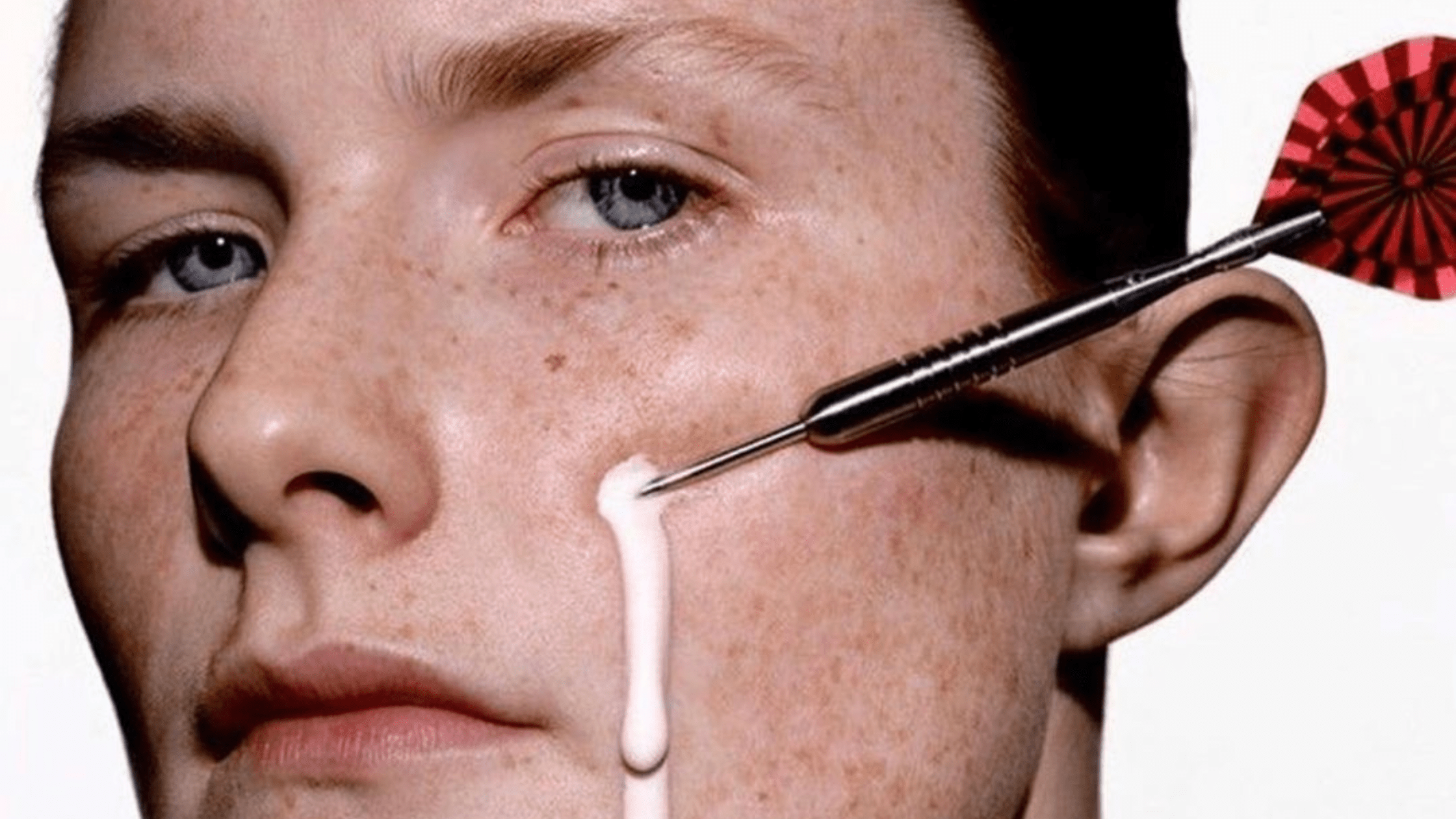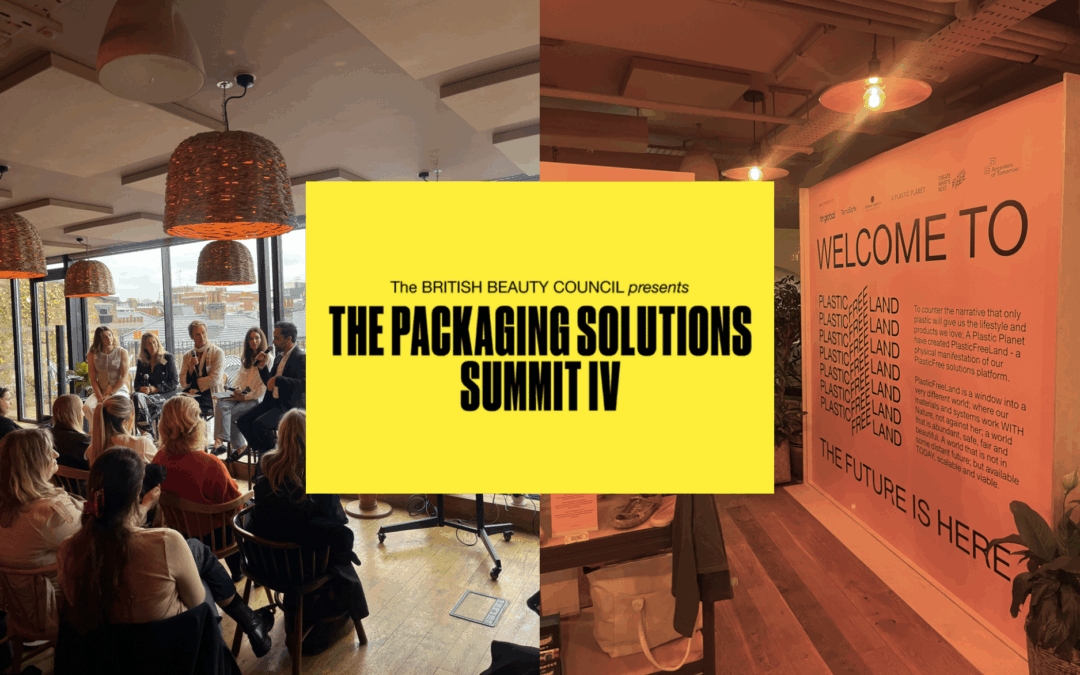Confused about the new aesthetics consultation? We’ve got all the answers to your questions…
Last week, the Government launched a consultation on non-surgical cosmetic procedures. Below, we have answered some frequently asked questions about what the eight-week consultation is and why submissions are so important…
What is the non-surgical cosmetic procedures consultation consultation?
The Government consultation will run for eight weeks until 28th October. The Government is seeking views from a range of stakeholders including members of the public, industry professionals, and local government on how to make non-surgical procedures safer.
Views gathered in this consultation will be reviewed by the Department for Health and Social Care (DHSC) and used to help model a new licensing scheme for non-surgical cosmetic procedures and make any amendments.
What is the new licensing scheme?
The DHSC is at an early stage of shaping a proposed licensing scheme for non-surgical cosmetic procedures in England. The purpose of the licensing scheme is to ensure a standard of safety for all consumers. The licensing scheme will concern regulations regarding training, effective practice, indemnity cover and premises that meet standards of hygiene.
The Government’s intention is that the scheme consists of two components: a practitioner licence for individuals, and a premises licence.
What are the new oversight categories proposed by the Government?
In the Government’s consultation document, it is proposed that the licensing scheme will have various oversight categories corresponding with the risk level of procedures.
The categories are in a traffic light system that should help give clear guidance for different procedures:
- Green – procedures with the lowest risk of complications.
All practitioners will be eligible to perform licensed procedures where they meet the new licence regulations. Includes treatments such as micro needling, superficial chemical peels, non-ablative laser hair removal.
- Amber- procedures with medium risk of complications
Non-healthcare professionals must be licensed and still overseen by a nominated regulated healthcare professional (who is also licensed). Includes treatments such as semi-permanent dermal fillers for the face, weight loss injections, botulinum toxin injections and vitamin injections.
- Red – procedures with the highest risk of complications
Certain procedures restricted to regulated healthcare professionals. Includes treatments such as hair restoration surgery, deeper chemical peels, procedures aimed at augmenting any part of the body and lasers which target the deeper layers of the dermis.
Are there other proposed changes?
The Government is also recommending the implementation of age restrictions on non-surgical cosmetic procedures carried out for aesthetic reasons. Building upon previous existing legal regulations regarding botulinum toxin and cosmetic fillers, the consultation proposes that procedures that fall under the new licence should be restricted for under-18s.
How quickly will a licensing scheme be introduced?
Currently, there isn’t an exact timeline. However, from the date the consultation closes and throughout 2024/25, the Government will work with expert groups on the elements that will underpin the licensing scheme. The British Beauty Council and other stakeholders will continue to urge the Government to act quickly to introduce the licence.
How can I contribute to the non-surgical cosmetic procedures consultation?
You can contribute your responses here through the Government website. It is recommended to take time to read through the proposals and guide to the consultation before responding.
This content is being shared in collaboration with the Joint Council for Cosmetic Practitioners (JCCP), you can read more here.




